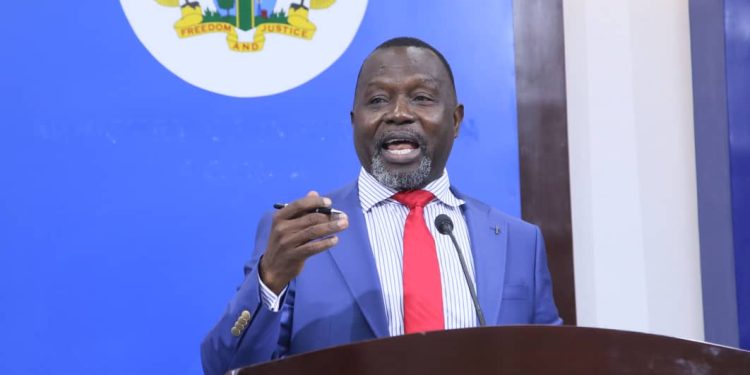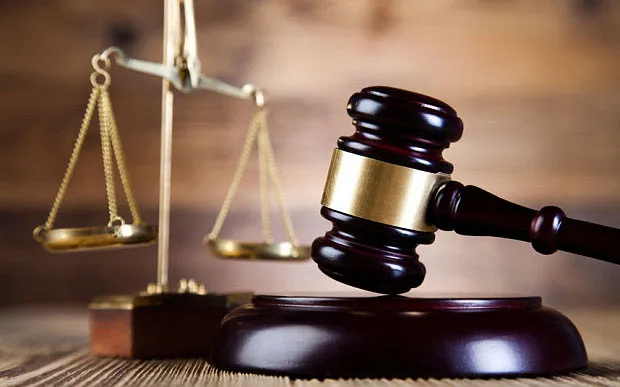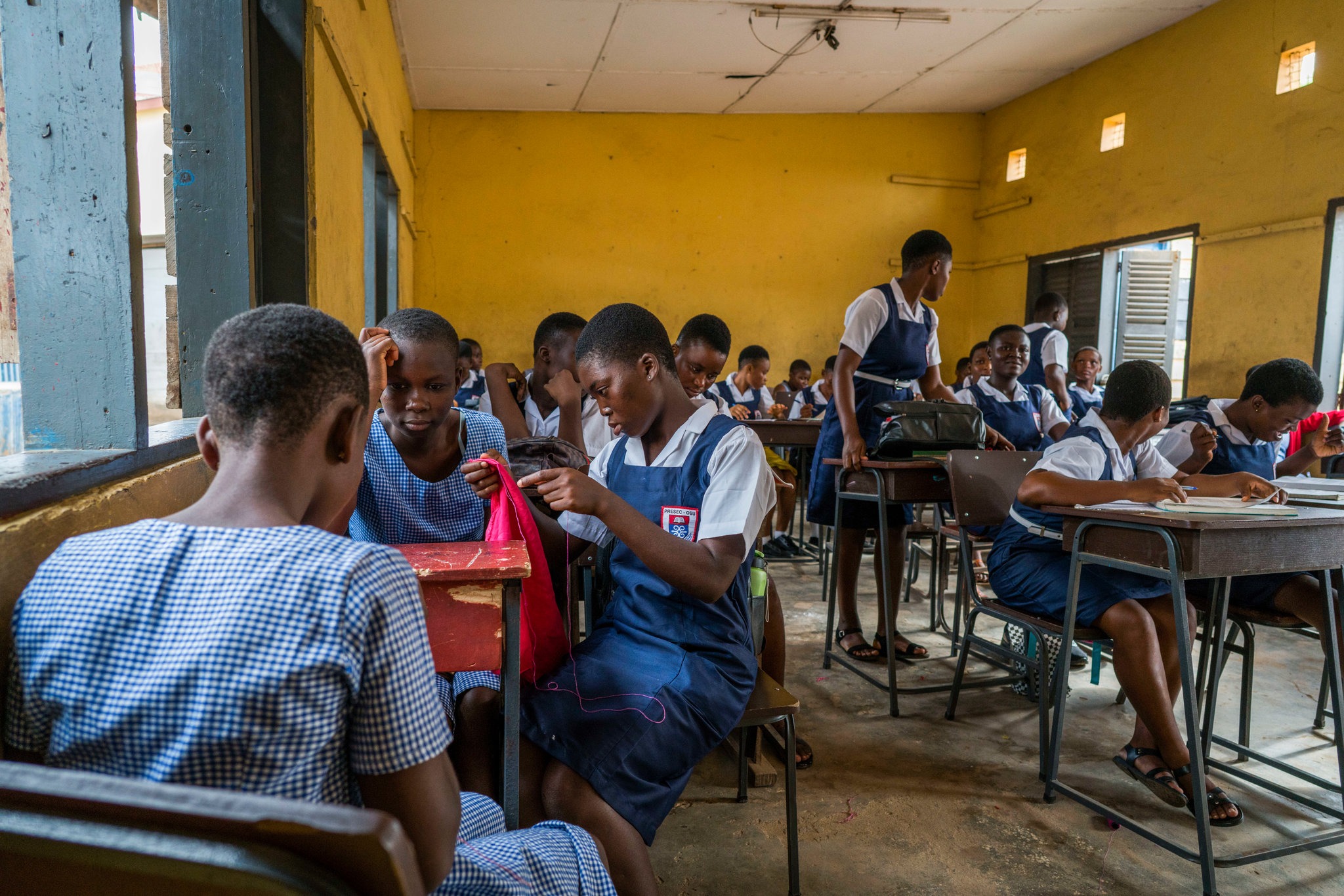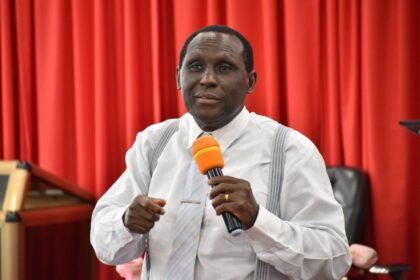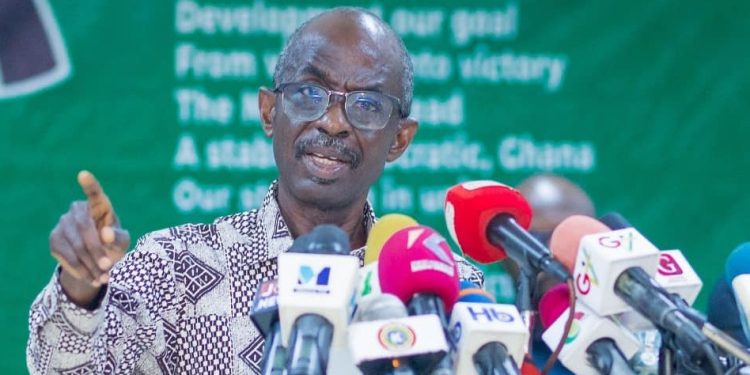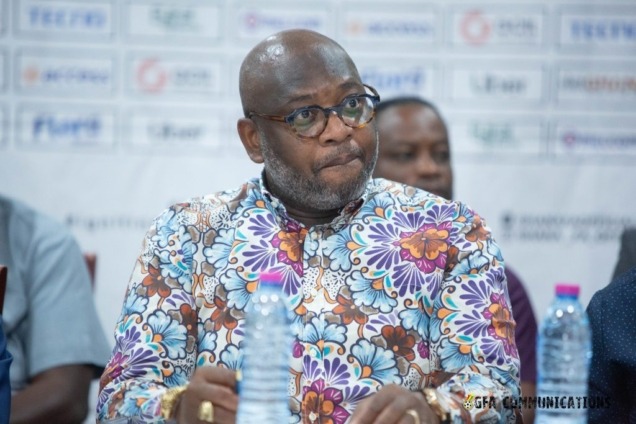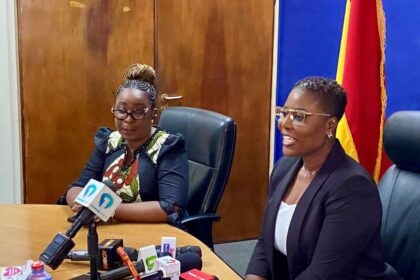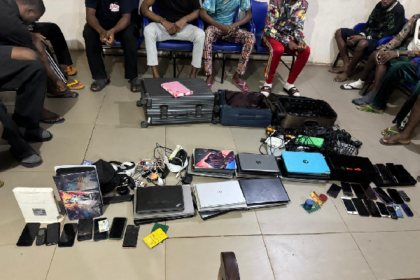The Attorney-General’s Department has defended the government’s financial handling of the National Cathedral project, in response to a Supreme Court case challenging its constitutionality.
The suit, filed in 2024 by private citizen Jonathan Amable, seeks declarations that the government’s financing of the National Cathedral and certain COVID-19 relief measures violated the Constitution.
Mr. Amable is asking the Court to declare that using funds from the Consolidated Fund for the National Cathedral—without prior approval from the Speaker of Parliament and the Chairperson of the Council of State—breaches Article 179(11) of the 1992 Constitution. He is also seeking the return of all monies allegedly withdrawn unlawfully for the project.
The plaintiff is additionally challenging the constitutionality of a USD 10 billion COVID-19 Relief Bond transaction between the Ministry of Finance and the Bank of Ghana, claiming it violated Article 181(4), which governs public borrowing.
In a formal statement opposing the suit, Attorney-General Dr. Dominic Ayine asserted that the National Cathedral’s funding and the COVID-19 Relief Bond were both lawful and consistent with the Constitution.
“The National Cathedral is 100% owned by the State,” the statement read. “Payments for the project were made lawfully under the Contingency Vote, classified as ‘Other Government Obligations,’ and not from the Contingency Fund as alleged.”
Dr. Ayine noted that the National Cathedral is a state-owned entity, established as a company limited by guarantee under the Ghana Museums and Monuments Board, and that all financial and policy details have been publicly reported in annual budget statements since 2018.
The Attorney-General highlighted that Parliament approved the project’s financing as part of the national budget after thorough debate, with the government providing land, a secretariat, and seed funding while expecting the majority of construction and maintenance costs to come from non-public sources.
Regarding the COVID-19 Relief Bond, the AG’s Department argued that the transaction fell within lawful fiscal management measures adopted during the pandemic.




